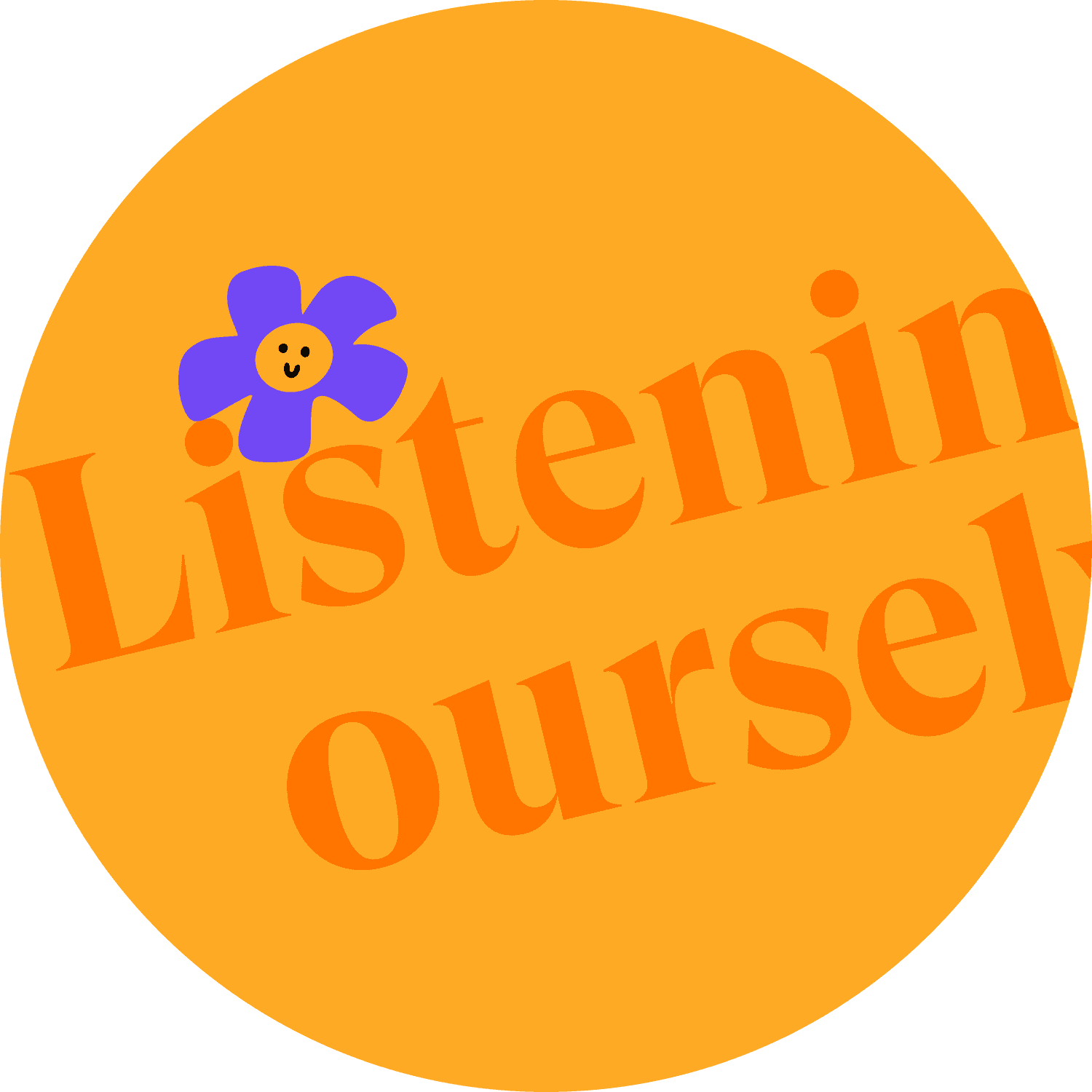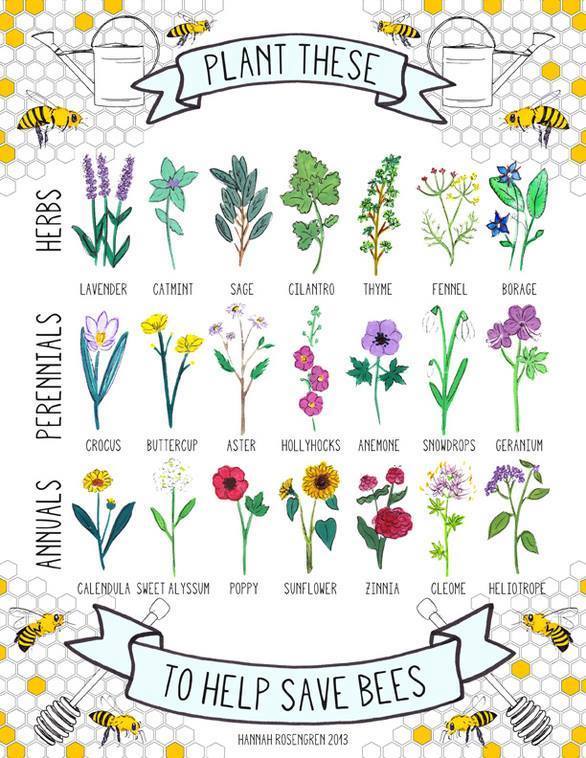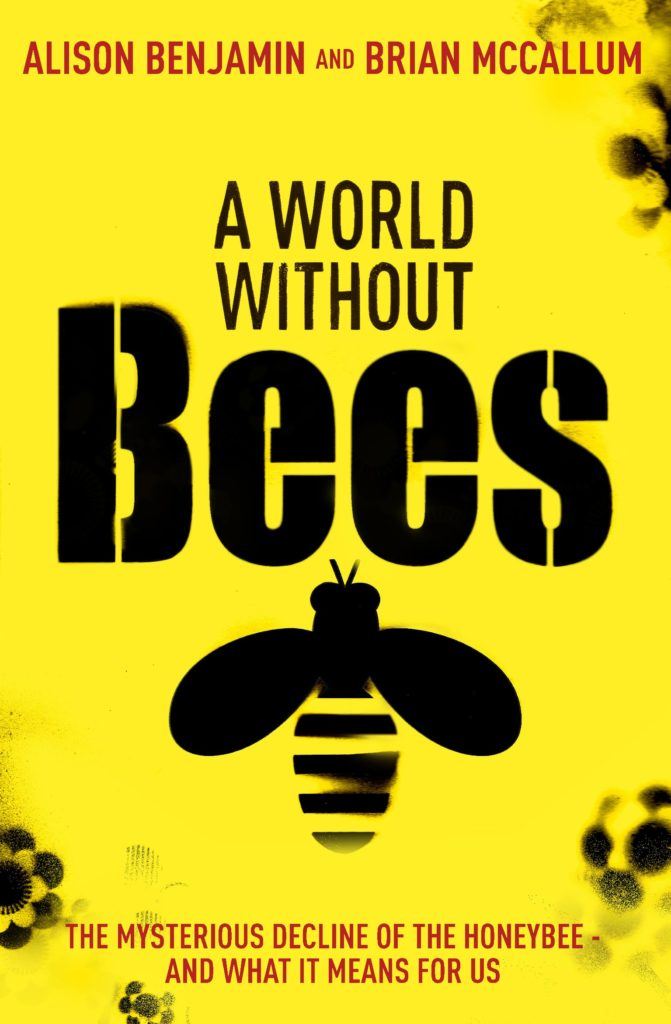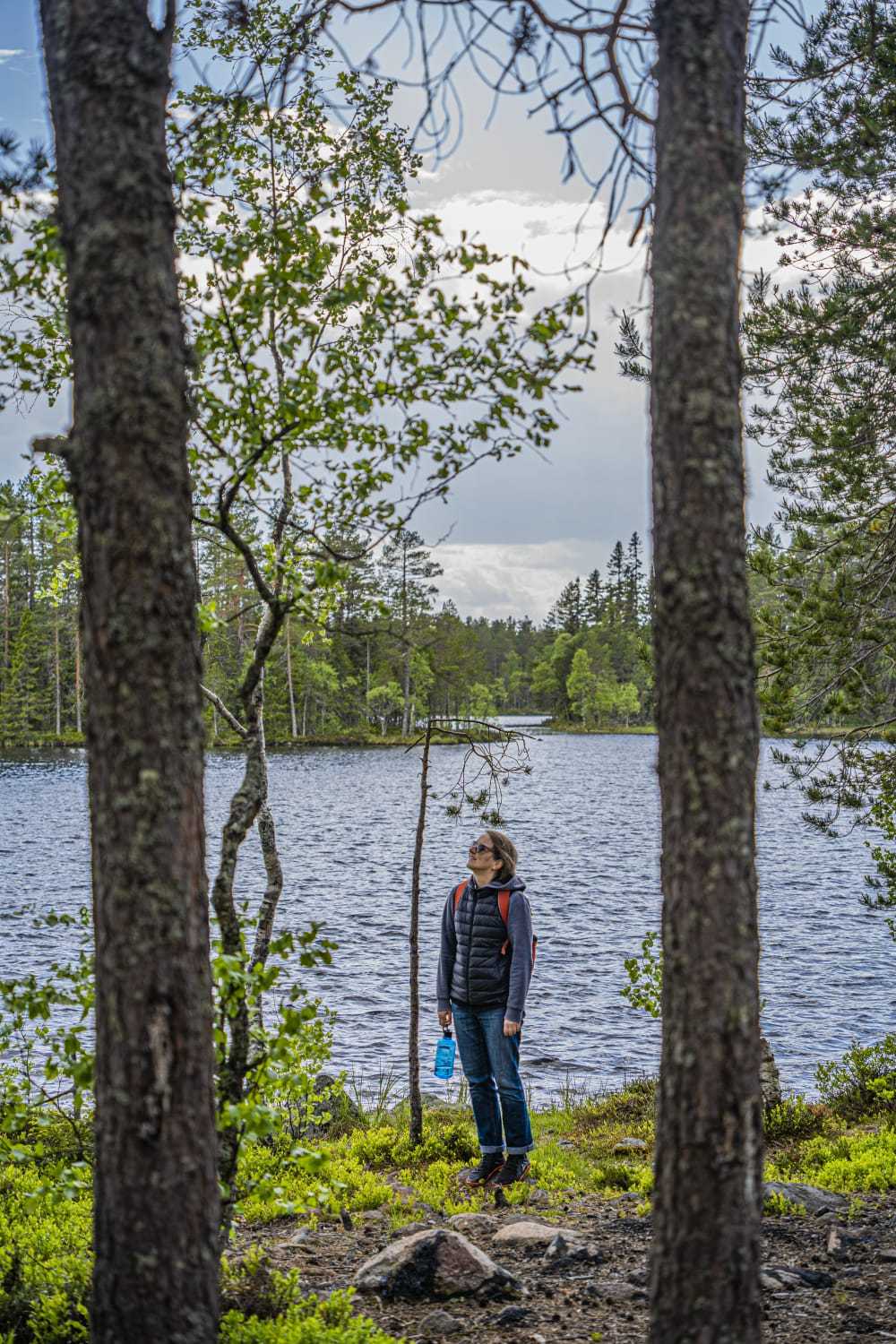
8 Simple Things You Can Do To Help the Bees
Strawberries, almonds, apples, blueberries, cherries, cucumber, pears and pumpkin are just a few of the many plants that need pollination. Most supermarket shelves, market stalls, fridges, and pantries would be empty without the tiny bee around. The honeybee (wild and domestic) plus the rest of its hard working family put food on our tables, especially fruits, nuts and vegetables, you know, staple foods. Seventy out of the top 100 human food crops are pollinated by bees. And that’s only when we look at these magic creatures from our rather narrow and hungry perspective. Yes, there are other animals that pollinate, but bees are “pollinator machines” that do about 80 percent of all pollination worldwide. About a third of all that we eat and wear (cotton comes to mind) relies on pollination by honeybees.
What’s the problem? Bees are disappearing at an alarming rate all over the world. This worrying situation has been getting worse in the last years. It’s not one cause only to blame for this. From parasites to pesticides, climate change and monoculture agribusiness, many are guilty.
That’s the problem, now let’s see what we can all do to help these essential pollinators. Here you have 8 simple things you can do today:
1. Plant bee-friendly flowers and herbs

Plant lavender, sage, calendula, and other such beauties in your garden, or on the windowsill. If you don’t have a garden, buy seeds for a friend who has one, or offer to look after the run down back yard of someone who has no time for it.
Organsations campaigning for the bees usually have some seeds to offer to supporters, but you can find most of these perennials, annuals, and herbs in every shop that caters for gardens too. Pick the organic seeds as often as you can.
Further reading: More about pollination and a list of crop plants pollinated by bees.
2. Buy local & organic food
Like it or not, pesticides are affecting all insects, not just the ones damaging crops. The overuse of neonicotinoid pesticides in the so-called conventional agriculture practiced on industrial scale is killing bees in droves. These toxic pesticides contribute to Colony Collapse Disorder (CCD) – the “mysterious” mass death of honeybee populations. So you can help protect bees by choosing organic food, grown without the use of harmful chemicals that weaken the immune system leaving bees susceptible to diseases.
Further reading: On farming wheat without neonicotinoids via Friend of the Earth, and more about harmful chemicals via Organic Consumer Association.
3. Spread the word about the problem, but always share solutions
Volunteer for a campaign that raises awareness about the importance of bees and the terrifying prospect of their disappearance. Share relevant educational posts (including some of links in this article) on social media or in your community. Start conversations about bees with children (no, not that one!). You can share ideas and suggestions about saving the bees on our forum too. Chances are you’ll also meet like-minded people.
4. Make a hotel for solitary bees
It can be a cardboard tube with bamboo straws in it hanging from a tree in your garden. Or it can be more complex, like this bee hotel coming with instructions that really work. They even teach you how to manage it.
What are solitary bees? There are over 240 species of wild bees in the UK only that make individual nest cells for their larvae. Find out more about them here.
5. Join a campaign
The organizations running campaigns to raise awareness, or to change legislation that protects bees are always in need of support from volunteers. Whether it is volunteering during a weekend festival, sharing informative flyers at a farmers market, or just making small donations to the campaign, remember that every little bit matters.
UK campaigns: Save Our Bees; The Bee Cause
Other campaigns: Save the Bees Project; Save the Bees
More about The Bee Cause: Friends of the Earth has been running this campaign for quite a long time. The Bee Cause launched in 2012 to reverse bee decline in the UK. They’d also put together a list of downloadable PDFs with educational and informative material covering from bee-friendly flowers to bee-harming neonics. Yes, counting bees is another thing you can help with.
6. Sign the petitions
It’s not just one, there are many petitions started by various groups, organisations, individuals. They usually look like this one aiming to make the countryside a safer place for wildlife in general, but some focus on bees only, like the one started and won by Avaaz.
This one: Last year Europe voted for a ban on bee-killing pesticides (neonicotinoid pesticides), after Avaaz built one of the largest petitions in the world. More than 5 million people signed the petition, and flooded ministries with their messages. It was a major victory which opened the way to a new era of more sustainable farming. But that was just Europe. So keep signing and sharing!
7. Read “A World Without Bees”

This timely book written by Alison Benjamin and Brian McCallum investigates all the claims and counterclaims regarding bees nowadays with the help of scientists and beekeepers in Europe, America and elsewhere.
Further reading: Why bees are the most invaluable species is an article written in 2008 by Alison Benjamin for The Guardian. It is packed with facts and actionable advice.
Other books about bees: Friends of the Earth put together a list of 49 best books about bees. Oh, the agony of choice.
These books are not a solution per se, but for anyone who wants to go to the next level and start or join a campaign for helping bees, study bees, create policy that protects bees, they are valuable resources.
8. Watch “Queen of the Sun: What Are The Bees Telling Us?”
This is a “profound, alternative look at the global bee crisis” from director Taggart Siegel. It’s a journey through the catastrophic disappearance of bees and the mysterious world of the beehive. Engaging and uplifting, this film is also about the struggles of beekeepers, scientists and philosophers from around the world including Michael Pollan, Gunther Hauk and Vandana Shiva. Yes, it’s about the problems, but — as with most great documentaries — it’s about the solutions too.
Here’s a thought: Why not organise a screening in your community, with your family, or in the local school? Don’t forget the after-screening conversations and the list of solutions.
Some of the actionable advice mentioned above is easy to follow, but those passionate about agriculture, gardening or beekeeping, can always go the extra mile and do more for this most invaluable of the species. If you’re one of these passionate humans, if you have the tools, the drive, and the knowledge, we’d love to hear more in-depth advice about the steps you take to help and save the bees. Thank you.
~~~~~
Don’t forget that you can start conversations on topics close to your interests on the ethical forum.
Featured image via Shutterstock
Earth.fm is a completely free streaming service of 1000+ nature sounds from around the world, offering natural soundscapes and guided meditations for people who wish to listen to nature, relax, and become more connected. Launched in 2022, Earth.fm is a non-profit and a 1% for the Planet Environmental Partner.
Check out our recordings of nature ambience from sound recordists and artists spanning the globe, our thematic playlists of immersive soundscapes and our Wind Is the Original Radio podcast.
You can join the Earth.fm family by signing up for our newsletter of weekly inspiration for your precious ears, or become a member to enjoy the extra Earth.fm features and goodies and support us on our mission.
Subscription fees contribute to growing our library of authentic nature sounds, research into topics like noise pollution and the connection between nature and mental wellbeing, as well as funding grants that support emerging nature sound recordists from underprivileged communities.

